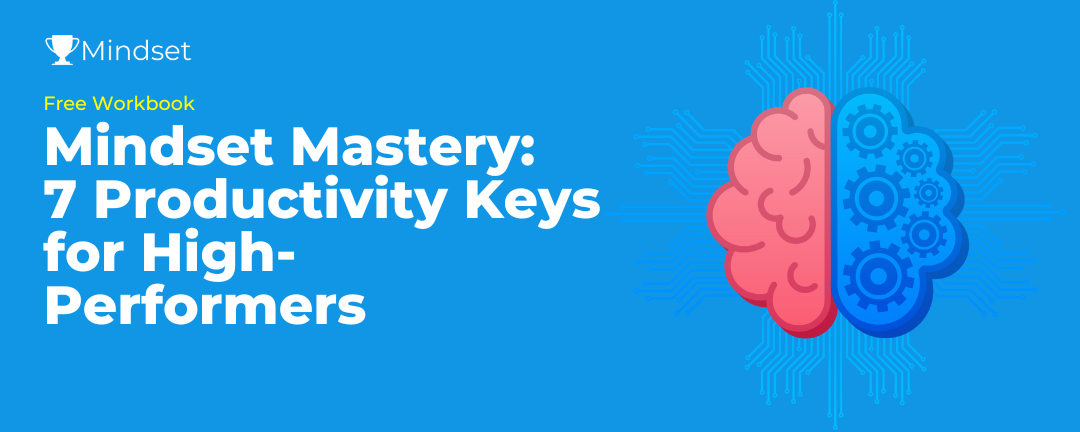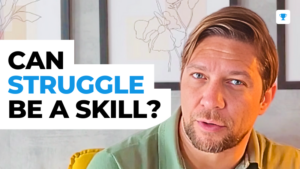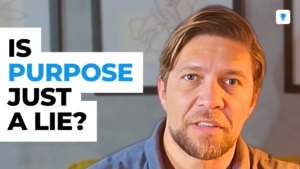
.
.
✅ FREE ACCESS: Mindset Mastery: 7 Productivity Keys For High-Performing Leaders
Podcast Version
In the book The Happiness Advantage, Shawn Achor gives us some clue about the relationship between money and happiness by saying this:
“While the positive feelings we get from material objects are frustratingly fleeting, spending money on experiences, especially ones with other people, produces positive emotions that are both more meaningful and more lasting.”
The question that haunts us all is, does money make you happy?
The answer is yes and no for two important reasons.
The Complexity of the Question
Before we tackle the happiness question, let’s consider another: Is it possible to definitively answer whether money brings happiness?
The quest for a straightforward answer reveals the question’s inherent complexity, influenced by myriad factors.
Unlike simple queries, this one does not lend itself to a one-size-fits-all response.
Instead, we’ll dissect it from two angles to provide a comprehensive understanding.
Maslow’s Hierarchy of Needs
Our first perspective is rooted in Abraham Maslow’s theory of human motivation, illustrated by the hierarchy of needs.
This pyramid visualizes our progression from basic survival needs like food and shelter to sophisticated desires for self-actualization and esteem.
Understanding this hierarchy is crucial to answering our central question.
The Different Roles of Money
Consider two scenarios:
- One where money fulfills basic needs, bringing undeniable happiness.
- And another where it offers little beyond necessities, diminishing its capacity to contribute to our happiness.
This distinction highlights how our relationship with money varies based on where we stand in Maslow’s pyramid.
Money and Expectations
As we ascend the pyramid, the diminishing returns of financial wealth become evident.
A job offer doubling your income might seem appealing, but its value diminishes if it doesn’t contribute to your higher-level needs.
This underscores the importance of seeking fulfillment beyond financial gains.
Freedom vs Servitude
Exploring the purpose of wealth further, we differentiate between money that buys freedom and money that leads to servitude.
True wealth is not about appearances but achieving genuine freedom.
This perspective encourages us to prioritize financial decisions that empower us, rather than entangle us further.
Financing Freedom
Achieving financial freedom means investing in assets that grow your wealth, not in liabilities that deplete it.
By focusing on what truly enriches us, we can transform our relationship with money from a source of bondage to a tool for liberation.
Finding Happiness in Wealth
So, does money make you happy?
The answer lies in understanding our needs and the role money plays in fulfilling them.
At the base of Maslow’s pyramid, money is a vital tool for happiness, addressing our fundamental needs.
However, as we climb higher, its ability to satisfy our deepest desires wanes.
Ultimately, the pursuit of happiness through wealth requires us to seek balance, purpose, and fulfillment beyond the material.




